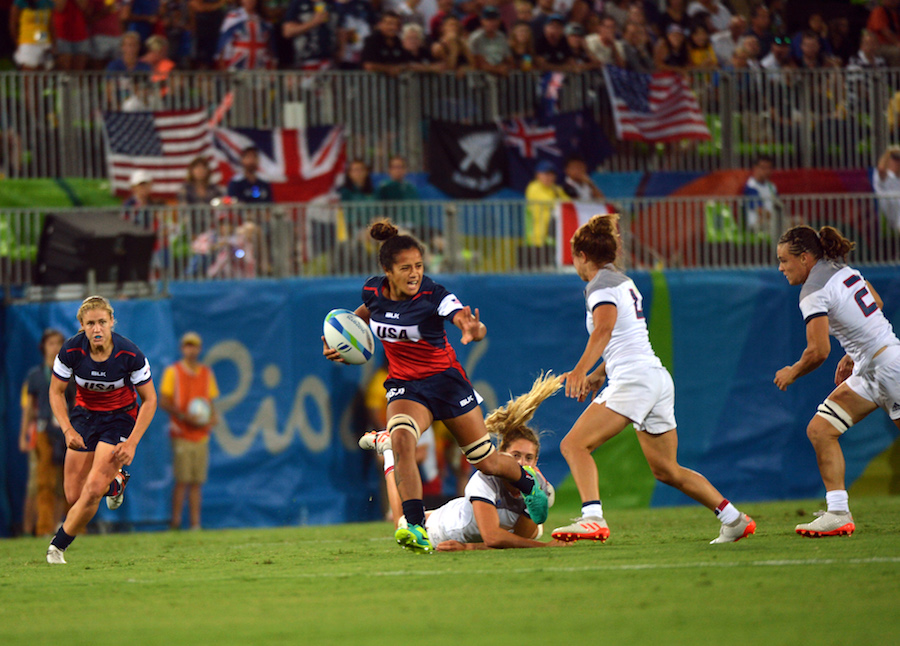
“Do you all have a ball, or something? Shouldn’t you toss around a few passes?”
“We don’t have any balls. Actually we haven’t done a warm-up yet. You can write an email about us.”
Jen’s good friend and former teammate Devin was a little cocky. They were pretty sure that age and treachery (and skill) were going to carry them to the win in this semi-final match of this past weekend’s rugby tournament. After all, a few of these women (Jen included) had played on U.S. national teams and were very, very skilled and experienced rugby players. I said, “Well, if you lose this match it’s going to be a different email.”
After the game, Jen was bummed, some of her teammates were bummed. They’d been eliminated.
This email could be about how resting on what you’ve done in the past often isn’t enough to keep up with the right now. The practices you didn’t have last week matter more than the practices you made years ago. The warm-up and ball handling you skipped this morning might have been worthwhile.
But it’s not.
You see, the same kind of thing happened last year. They lost a game they should have probably won and they all (well, most) swore that it wouldn’t happen again, that this year they’d come prepared to win.
But their behaviors as a team didn’t line up with the intentions. Their intentions said, “We’ve still got it and we’re here to win.” Their behaviors said, “Eh, we’ll just show up, have fun, and hope for the best.”
So after a repeat of the same experience, it’s worth examining the intention instead of the behaviors. Usually behaviors reflect the true motivations, or at least the inertia of habits and intentions. If they want to win but they keep showing up unpracticed and unprepared, maybe what they really want is to just play a few games of rugby again for old time’s sake once a summer and that’s it.
And you know what? There’s nothing wrong with that.
What’s wrong is being frustrated by the mismatch of your intentions with your behaviors. If you didn’t put in the work to be prepared to be the winner, why are you upset you didn’t win? You got exactly what you should have expected. Something Jen and her teammates recognized and readily admitted immediately after the loss. Jen, and a few others, had prepared individually but they hadn’t practiced and prepared as a team.
It reminds me of one of my favorite parables, the scorpion and the frog. (My friend—we’ll call him A—is thinking about getting scorpion and frog hand tattoos. I think he should do it. A is like Paulie in Goodfellas: he’s made it and he doesn’t owe anybody anything, and probably will never have to ask anyone for anything for the rest of his life.) If you don’t know it, the story holds that a scorpion asks a frog to carry him across the river. The frog is afraid of being stung by the scorpion, but the scorpion convinces them that if that happened they’d both drown so it would not be in its best interest. Suitably convinced, the frog carries the scorpion across the river and is then stung, dooming them both. The scorpion says: “Don’t be so surprised, it’s in my nature to do so.”
In other words, when results match expectations, even when they don’t match your desires, if you want to feel better (you’ll do better when you feel better) then change your desires so they match the expectations.


Leave a Reply